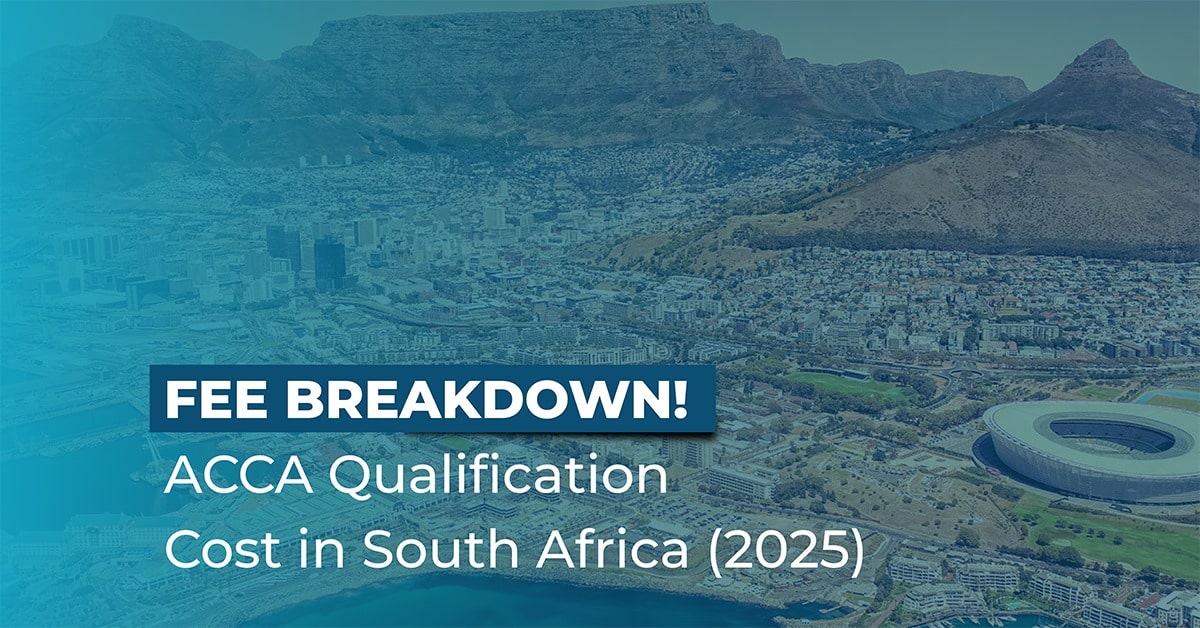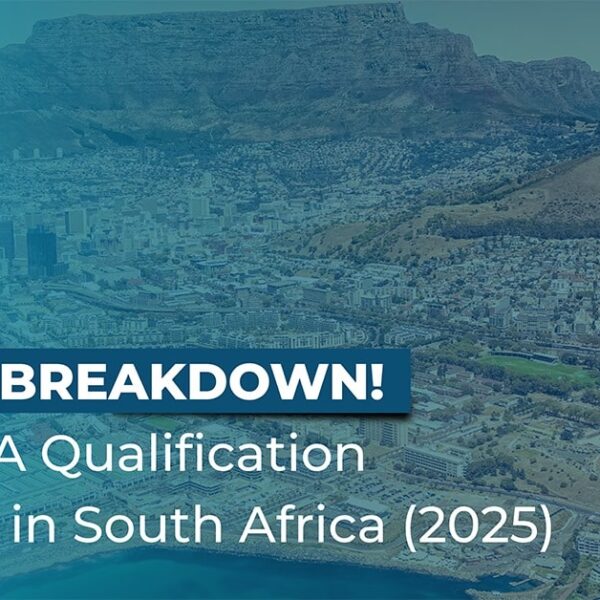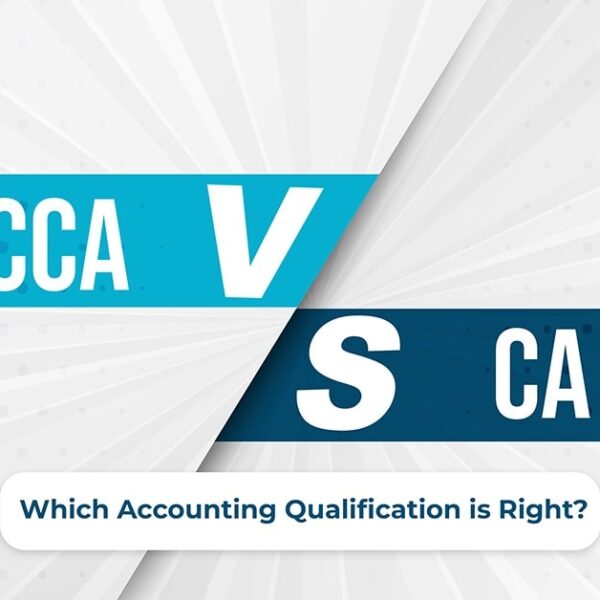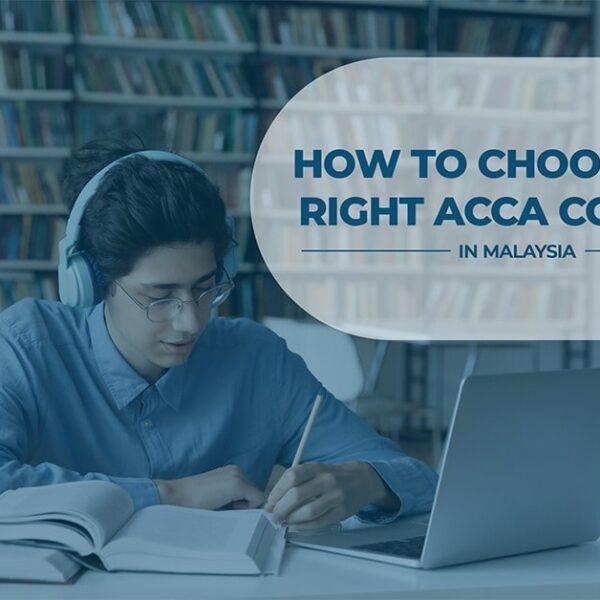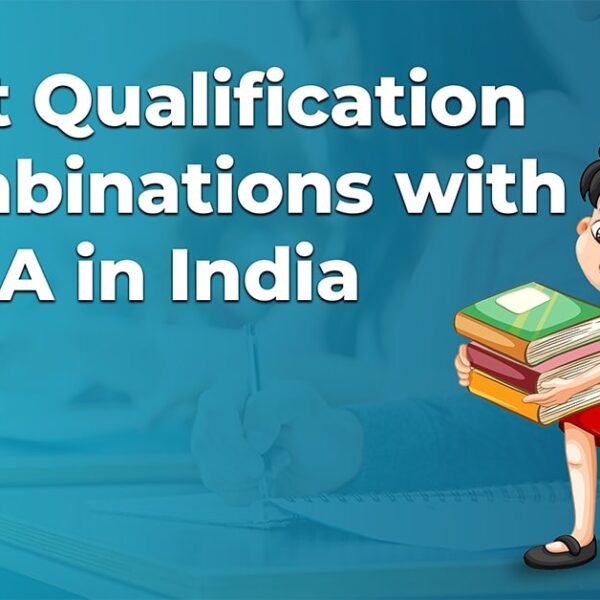Understanding the financial commitment required for professional qualifications is essential for proper planning. The ACCA qualification cost in South Africa represents a significant but valuable investment in your professional future. This comprehensive breakdown will help prospective students plan their financial resources effectively.
Initial Registration Fees
The ACCA journey begins with registration fees that establish your student status with the global body. Currently, new students must pay:
- Initial registration fee: Approximately R3,500
- Annual subscription fee: Approximately R2,200 (paid annually to maintain active student status)
These foundational costs grant access to ACCA’s student resources, including the online portal, syllabus materials, and career support services.
Examination Fees
The examination structure represents the most substantial portion of qualification costs:
- Applied Knowledge level examinations: Approximately R1,500 per paper (3 papers)
- Applied Skills level examinations: Approximately R1,800 per paper (6 papers)
- Strategic Professional level examinations: Approximately R2,500 per paper (4 papers)
- Ethics and Professional Skills module: Approximately R3,000
For students undertaking all examinations without exemptions, the total examination fees amount to approximately R33,000 spread over the qualification period.
Exemption Fees
Many South African students with relevant prior qualifications can receive exemptions from certain examinations. However, these exemptions carry fees:
- Applied Knowledge level exemptions: Approximately R1,200 per paper
- Applied Skills level exemptions: Approximately R1,500 per paper
While exemptions reduce study time, they still require financial investment. The exact amount depends on individual academic backgrounds.
Study Materials and Resources
Quality study resources significantly impact examination success:
- Official ACCA textbooks: R800-R1,200 per paper
- Revision kits: R600-R800 per paper
- Online subscription resources: R3,000-R8,000 annually
- Additional reference materials: Variable costs
Many students budget between R25,000-R40,000 for comprehensive study materials across all qualification levels.
Tuition Providers
While self-study is possible, many students enhance their preparation through formal tuition:
- Full course tuition (classroom-based): R8,000-R15,000 per paper
- Revision courses: R3,000-R6,000 per paper
- Online courses: R5,000-R10,000 per paper
- Private tutoring: R500-R1,000 per hour
Tuition represents the most variable cost element, with options ranging from comprehensive packages to targeted revision support.
Time Investment Considerations
Beyond direct financial costs, the time investment carries significant opportunity costs:
- Study hours: 300-400 hours per paper (approximately)
- Examination preparation: 3-4 years for the complete qualification
- Practical experience requirement: 36 months of relevant experience
Many students pursue ACCA while working, balancing earning potential with qualification progress.
Exam Retakes
The challenging nature of professional examinations means some students require multiple attempts:
- Retake fees match original examination costs
- Additional study materials may be required
- Extended subscription periods add to overall costs
Prudent financial planning includes contingency for potential retakes of challenging papers.
Financial Support Options
Several mechanisms exist to manage qualification costs:
- Employer sponsorship programmes
- ACCA scholarships and bursaries
- Tax deductions for self-funded professional education
- Payment plans offered by tuition providers
- Early exam entry discounts
Proactive investigation of these options can substantially reduce personal financial burden.
Return on Investment
While the total ACCA qualification cost in South Africa typically ranges from R150,000-R300,000 (including all fees, materials, and tuition), this investment generates substantial returns:
- Enhanced earning potential throughout your career
- Improved job security and advancement opportunities
- International mobility and recognition
- Versatile career pathways across industries
Most ACCA professionals recoup their qualification investment within 2-3 years through salary premiums.
Conclusion
The ACCA qualification represents a significant but structured financial commitment. By understanding the component costs and planning accordingly, aspiring accounting professionals can manage this investment effectively.
When evaluated against lifetime earning potential and career advancement opportunities, the ACCA qualification offers excellent value. Strategic financial planning, combined with disciplined study approaches, creates the foundation for successfully navigating this professional journey without unnecessary financial strain.

